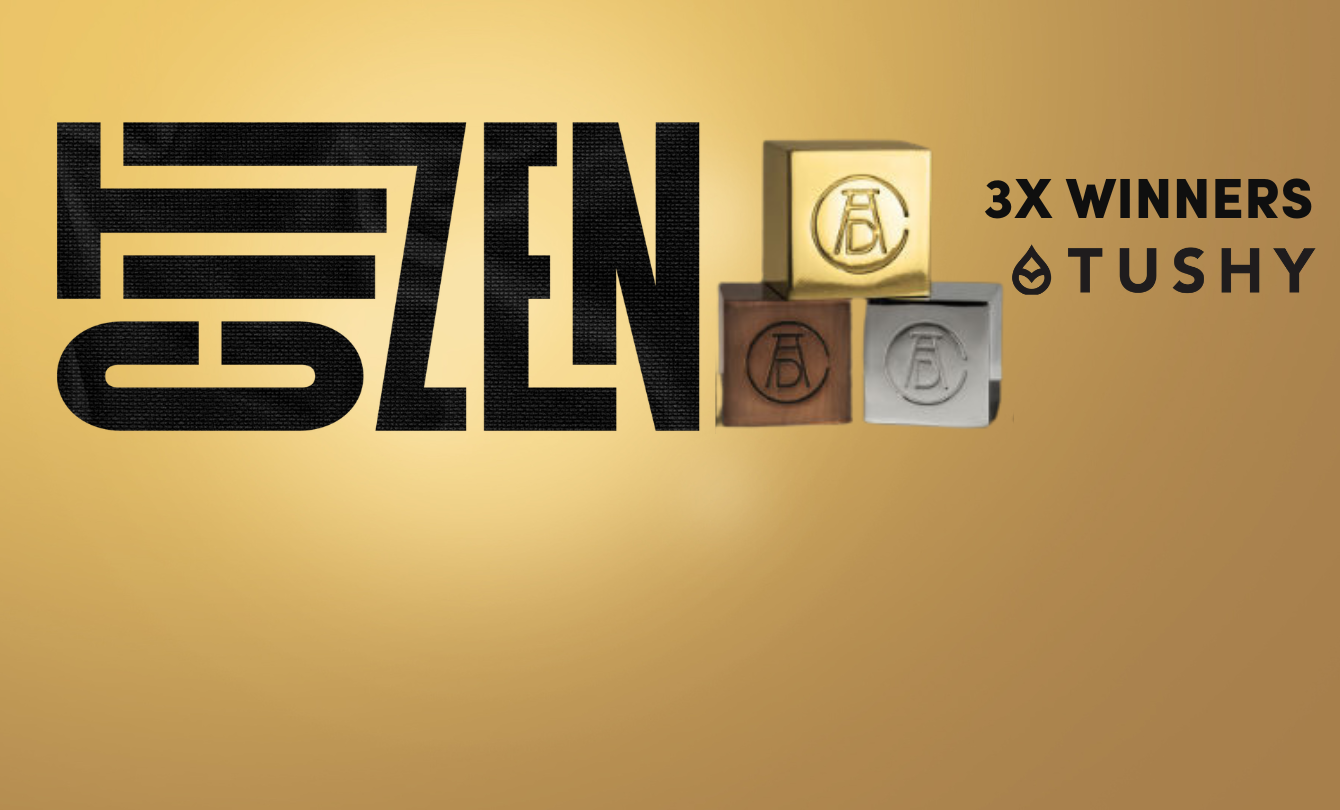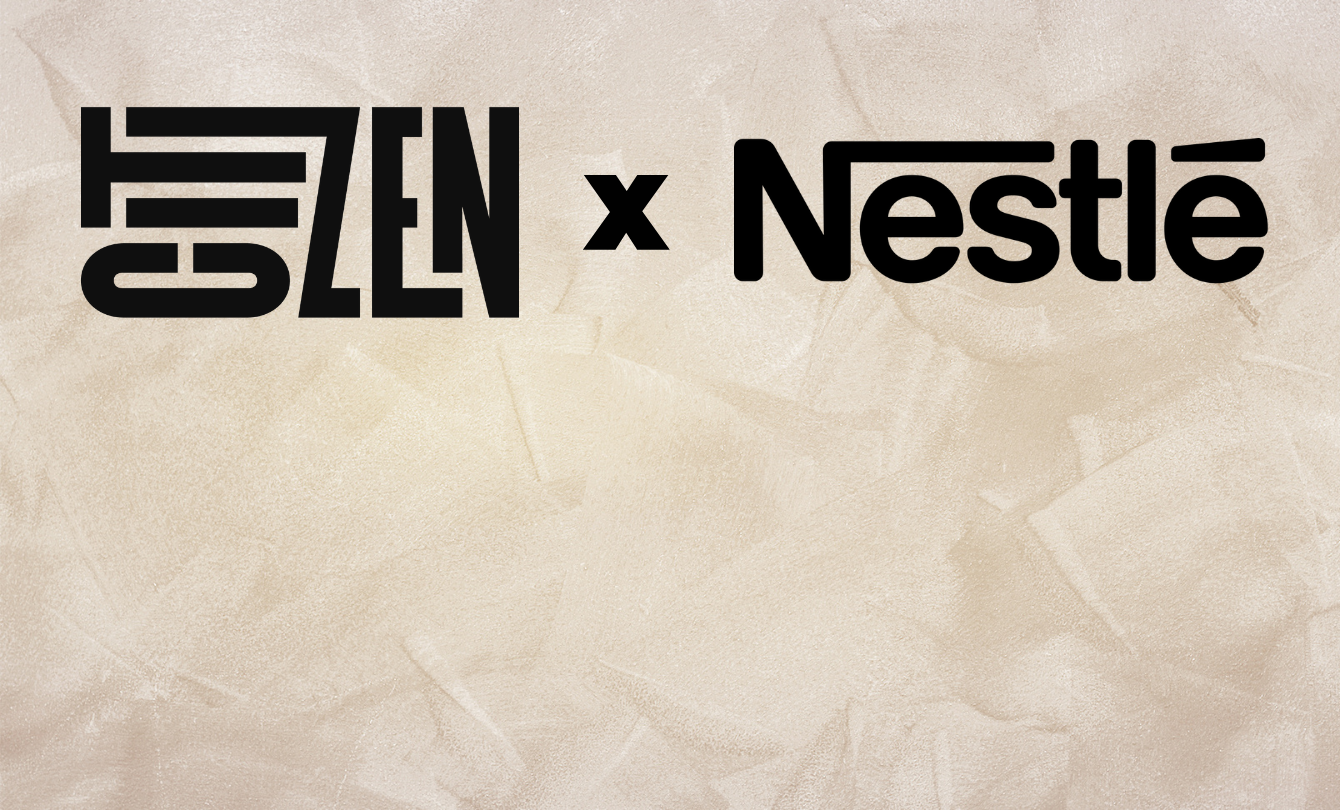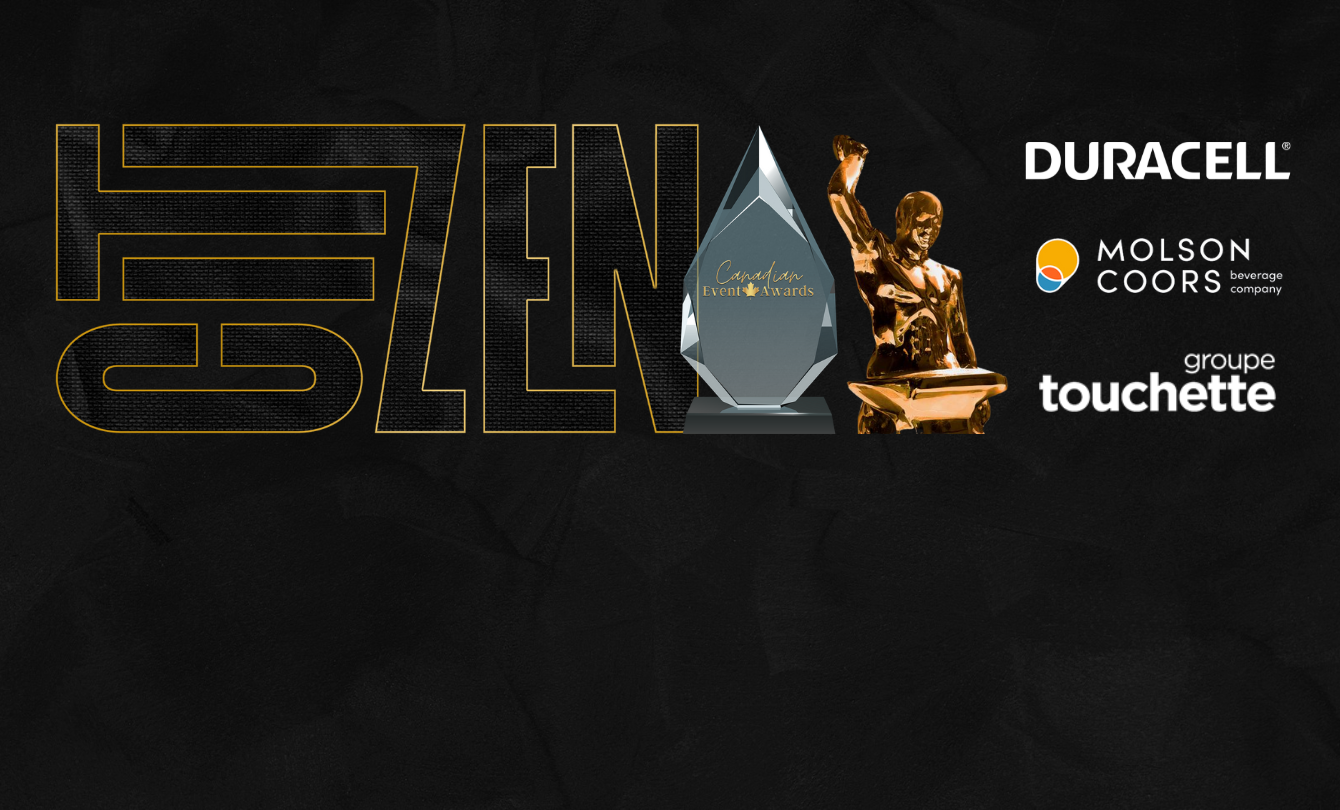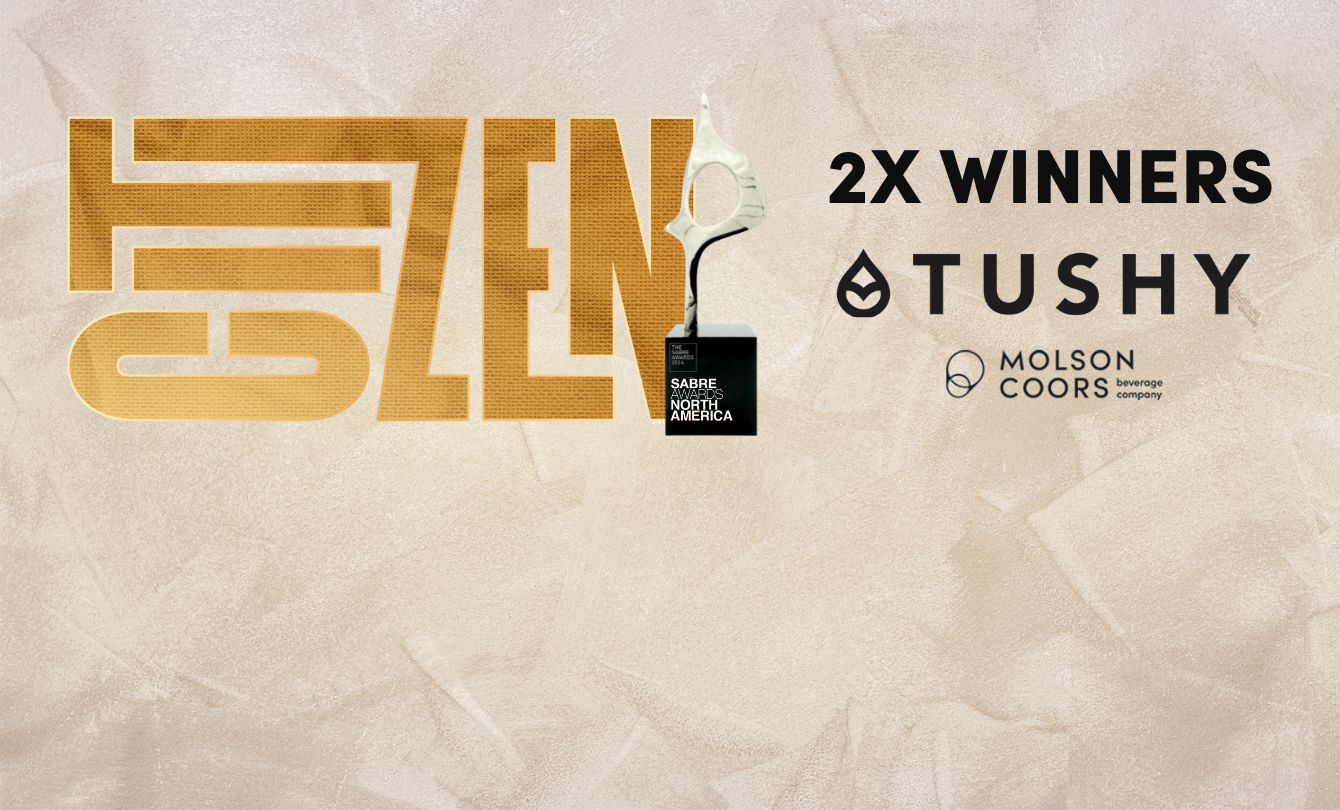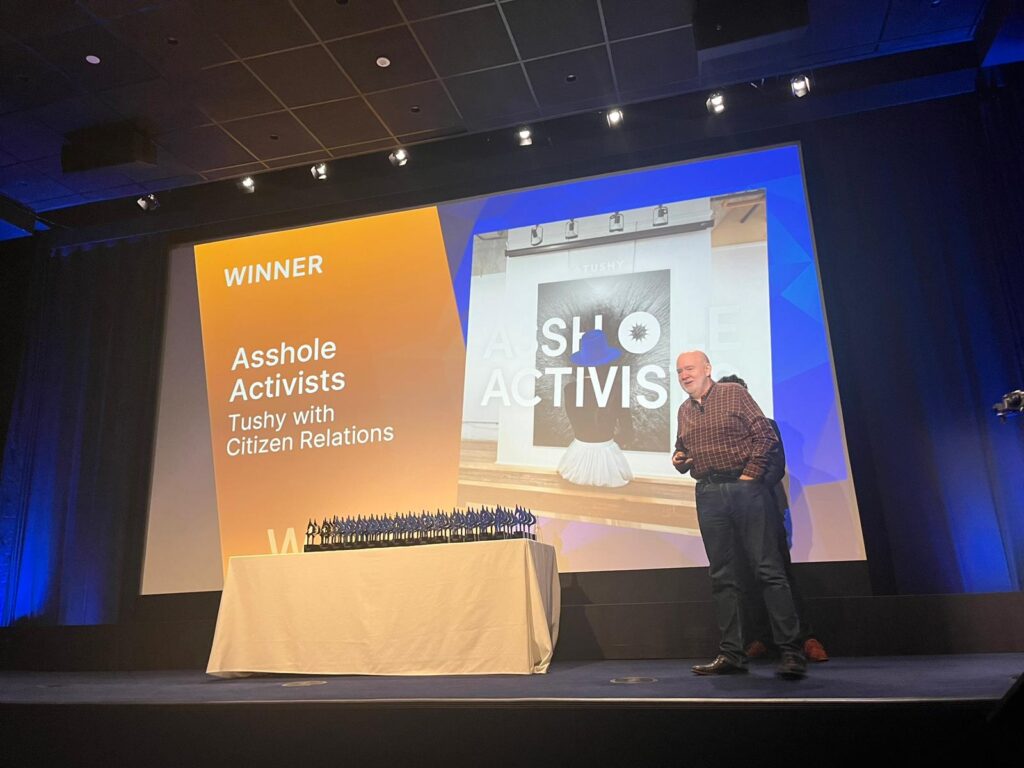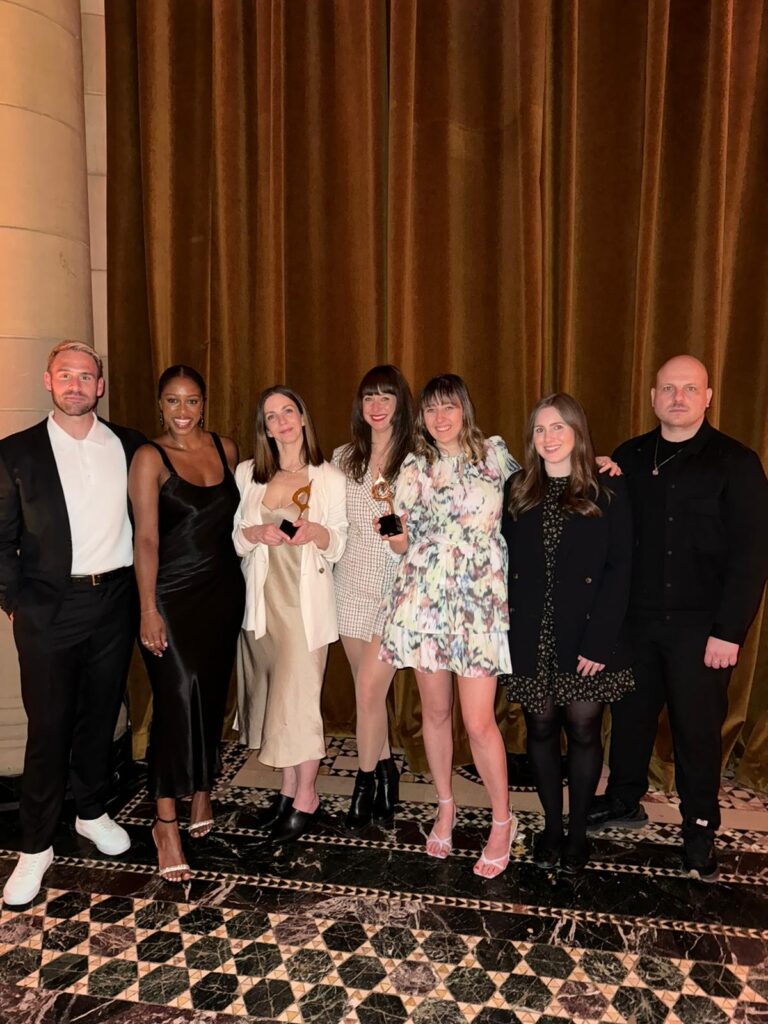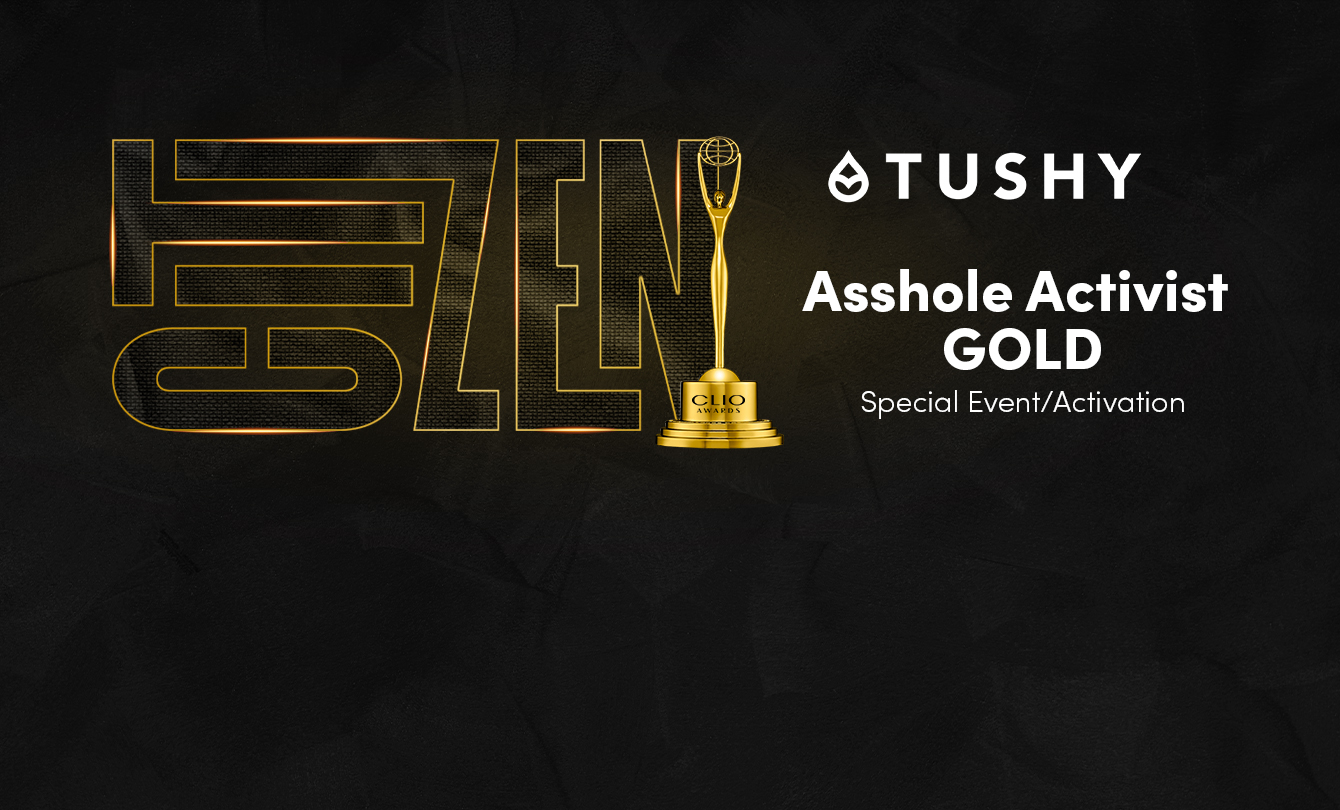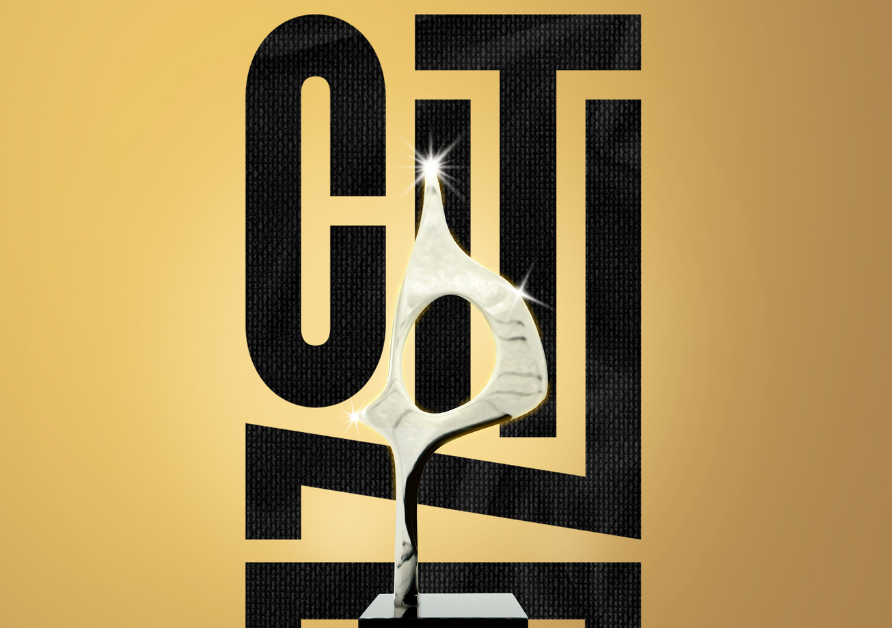Social media has become the ultimate accelerator for food trends. From Korean corn dogs going viral to Filipino silog breakfasts taking over our feeds, the speed at which these trends emerge, spread and die is unprecedented.
Citizen monitors the media landscape to distinguish between fleeting fads and enduring shifts in consumer’s behaviour, and TikTok provides a useful framework for categorising trends into three stages:
Moments
Common, short-lived trends that rapidly gain excitement, have a lifecycle of only a few days to weeks. Remember that “Nacho Tables” trend, where people constructed elaborate nacho displays on tables? A prime viral moment.
Signals
Signals are content patterns that reveal emerging behaviours and interests within specific food categories. They have a longer cycle, from months to a few years. The rise of Comfort Food Reimagined gourmet versions of classic comfort foods like mac and cheese with lobster or elevated Scotch eggs demonstrate this trend. It suggests consumers are looking for familiar flavours and comfort with a touch of indulgence.
Forces
Forces are the powerhouse of trends – enduring transformations that can last several years. Significant cultural shifts, influencing how consumers discover new products and how communities form around food. Plant-based diets and the rise of “food-fluences” promoting ethical eating habits are prime examples. The viral vodka pasta moment that started as a niche dish shared by l Gigi Hadid on TikTok in 2020, sparking over 12 billion views, rapidly gained traction that led to a force when Heinz recognised the immense interest, and collaborated with vodka company Absolut to launch Heinz x Absolut Tomato Vodka Pasta Sauce for consumers to easily recreate the viral dish. This didn’t stop there, restaurants also jumped on the bandwagon, with popular establishments creating their own versions and adding it to their menus. This further solidified the dish’s mainstream appeal making it a contemporary staple in the range of well-known traditional pasta dishes served at home and in restaurants globally.
Citizen stays attuned to the rapidly evolving food landscape leveraging moments, signals, and forces. We tap into communities to identify a fleeting trend and build it into an enduring “Force” that can transform a category, reshape consumer perceptions, build community and fuelling brand growth.

